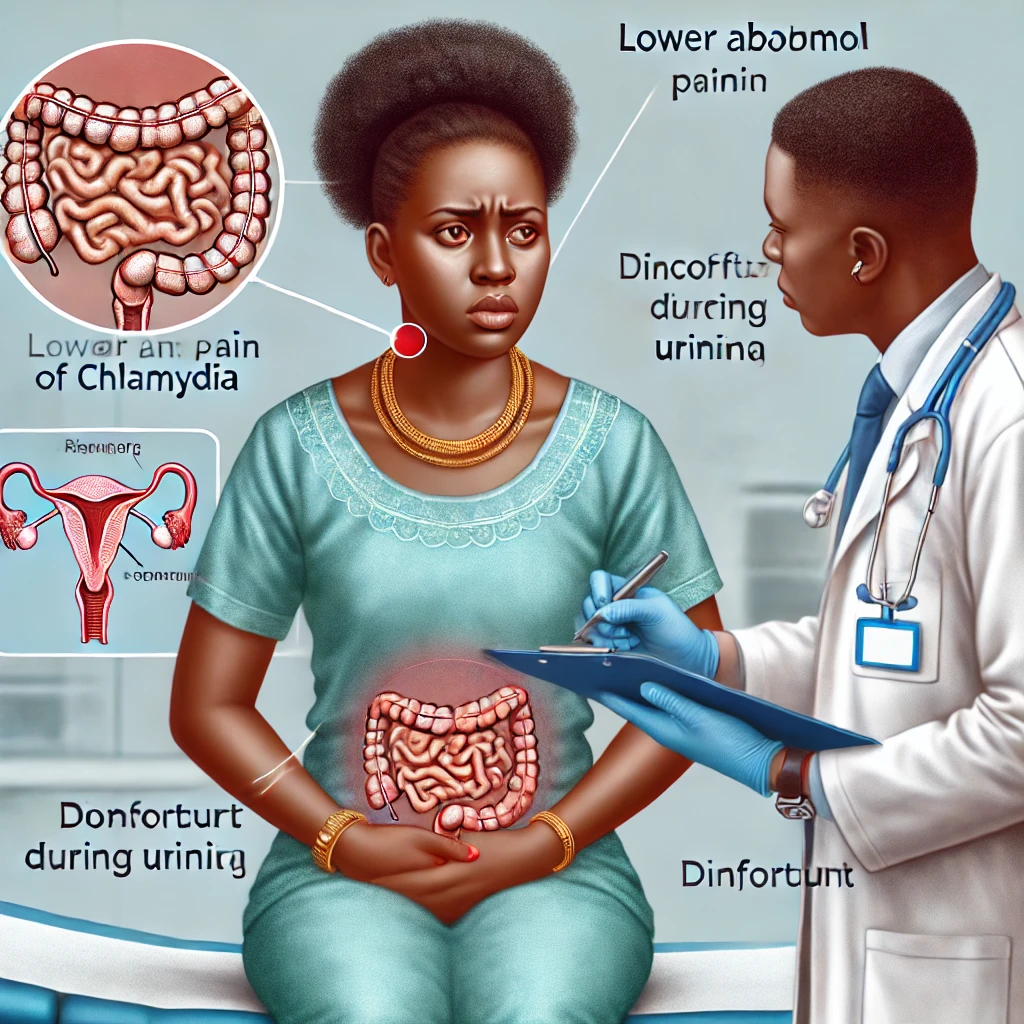Chlamydia: Symptoms, Diagnosis, and Treatment
Chlamydia is one of the most common sexually transmitted infections (STIs) worldwide, affecting millions of individuals each year. Despite its prevalence, many people are unaware of the symptoms and risks associated with this infection. Understanding the symptoms, diagnosis, and treatment options for chlamydia is crucial for maintaining sexual health and preventing complications.
What is Chlamydia?
Chlamydia is caused by the bacterium Chlamydia trachomatis. It primarily affects the genital tract but can also infect the rectum and throat. Chlamydia is transmitted through sexual contact with an infected person. It can be contracted through vaginal, anal, or oral sex, and can also be passed from mother to child during childbirth.
Symptoms of Chlamydia
One of the challenges in controlling chlamydia is that it often presents no symptoms, particularly in women. When symptoms do occur, they may appear several weeks after exposure. Common symptoms in women include:
- Abnormal Vaginal Discharge: A change in the color, smell, or consistency of vaginal discharge.
- Painful Urination: A burning sensation or pain during urination.
- Painful Intercourse: Discomfort or pain during sexual activity.
- Bleeding Between Periods: Unexpected vaginal bleeding outside of regular menstrual periods.
- Lower Abdominal Pain: Pain or discomfort in the lower abdomen.
In men, symptoms can include:
- Discharge from the Penis: A clear or cloudy discharge from the penis.
- Painful Urination: A burning sensation or pain during urination.
- Testicular Pain: Pain or swelling in the testicles.
Both men and women can experience rectal pain, discharge, or bleeding if the rectum is infected.
Diagnosis of Chlamydia
Diagnosing chlamydia involves a simple and painless test. Healthcare providers typically use a urine sample or a swab from the affected area (vagina, cervix, urethra, rectum, or throat) to detect the presence of Chlamydia trachomatis. It is essential for sexually active individuals, especially those with multiple partners, to get regularly tested for chlamydia and other STIs.
Treatment of Chlamydia
Chlamydia is treatable with antibiotics. The most commonly prescribed antibiotics are azithromycin and doxycycline. It is crucial to complete the full course of antibiotics as prescribed, even if symptoms disappear, to ensure the infection is fully eradicated.
- Azithromycin: Usually given as a single, large dose.
- Doxycycline: Typically taken twice a day for seven days.
Sexual partners should also be informed, tested, and treated if necessary to prevent reinfection and further spread of the infection. During treatment, it is advisable to abstain from sexual activity until the infection is fully cleared, which is usually about seven days after completing the antibiotic course.
Complications of Untreated Chlamydia
If left untreated, chlamydia can lead to serious health complications. In women, it can cause pelvic inflammatory disease (PID), leading to chronic pelvic pain, infertility, and ectopic pregnancy. In men, it can cause epididymitis, leading to pain and swelling in the testicles, and potentially infertility. It can also increase the risk of contracting or transmitting HIV.
Prevention
Preventive measures are key to reducing the risk of chlamydia:
- Practice Safe Sex: Use condoms consistently and correctly during sexual activity.
- Regular Testing: Get regularly tested for STIs, especially if you have multiple sexual partners.
- Limit Sexual Partners: Reducing the number of sexual partners can lower the risk of infection.
- Communication: Openly discuss STI testing and prevention with sexual partners.
Consult Virtual Doctors for Professional Advice
If you suspect you have chlamydia or need more information on prevention and treatment, consulting a healthcare professional is crucial. The Virtual Doctors App (www.virtualdoctors.ng) offers a convenient and confidential way to seek medical advice from qualified doctors. Through this platform, you can receive timely and accurate information, get prescriptions for necessary medications, and obtain referrals for further testing or treatment.
It is a common but treatable infection. Awareness of its symptoms, timely diagnosis, and proper treatment are essential to prevent serious health complications. By practicing safe sex and getting regular screenings, individuals can protect their sexual health. For personalized advice and treatment, consult healthcare professionals through the Virtual Doctors App. This platform provides a reliable and confidential way to manage and prevent chlamydia effectively.
Download Virtual Doctors App on Google Play Store now by clicking here and book an appointment with a specialist.
Using iOS or PC? Visit www.virtualdoctors.ng/account to schedule your appointment today.
